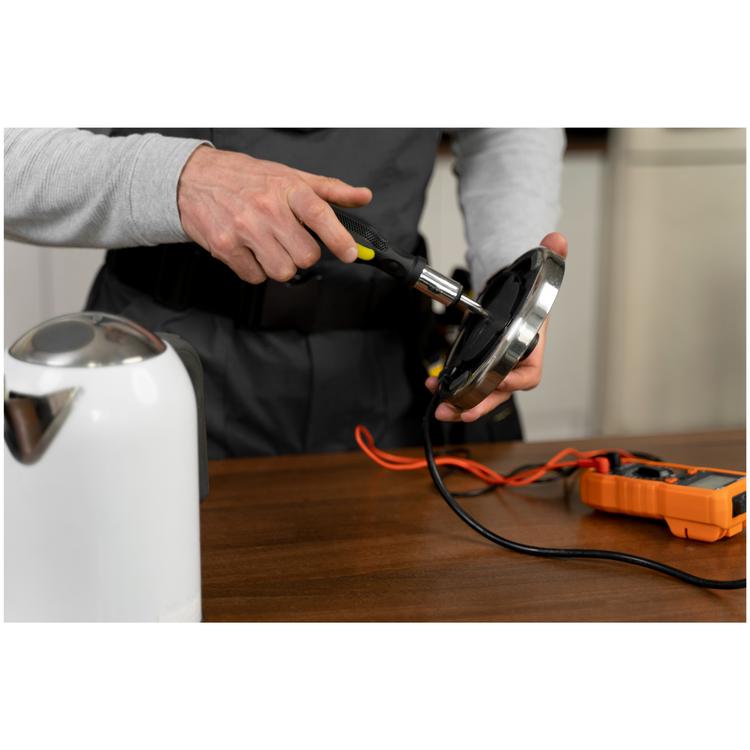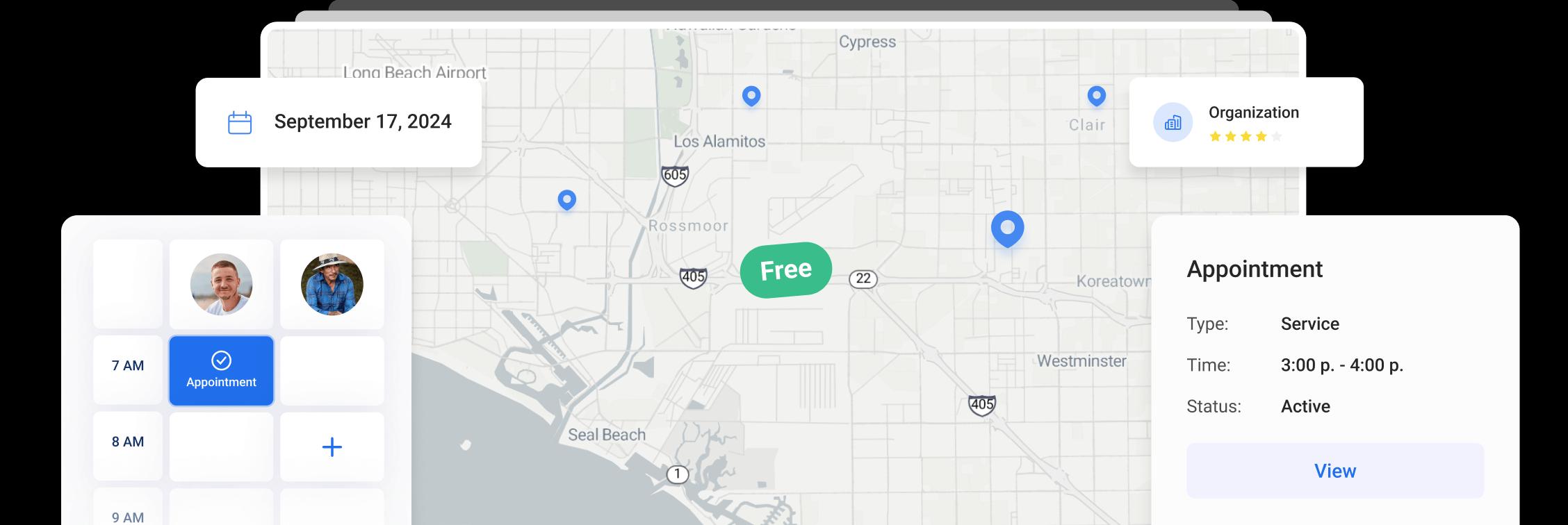
Common Installation Challenges and How to Overcome Them
Appliance Installation Challenges and Solutions for Contractors
Installing appliances can be rewarding, but it often comes with unique challenges. From tight spaces to unexpected wiring issues, every project has the potential for surprises. In this guide, we’ll cover some common challenges appliance contractors face and offer practical solutions to handle them.
1. Tight Spaces and Improper Fit
Challenge:
Modern appliances are often larger than older models, making them hard to fit into existing spaces. Clients may also underestimate the space needed for ventilation and connections.
Solution:
-
Measure Twice, Install Once: Always double-check dimensions of both the appliance and the installation space.
-
Educate Clients: Explain the importance of ventilation and access for maintenance.
-
Use Adjustable Bases: For slightly uneven spaces, adjustable bases can provide the perfect fit.
2. Wiring or Electrical Issues
Challenge:
Old homes may have outdated wiring that can’t handle modern appliances. A lack of grounded outlets or insufficient circuit capacity can lead to delays.
Solution:
-
Inspect First: Always inspect the electrical setup before starting the job.
-
Upgrade Safely: Work with a licensed electrician if upgrades are needed.
-
Use Voltage Checkers: Tools like voltage testers help verify if the power supply is compatible with the appliance.
3. Water Connection Problems
Challenge:
Installing dishwashers, washing machines, or refrigerators with water dispensers often reveals issues like old shutoff valves or incorrect pipe sizes.
Solution:
-
Carry Adapters: Keep a range of hose and pipe adapters in your toolkit.
-
Replace Valves: If shutoff valves are corroded, replace them with high-quality, durable options.
-
Test Thoroughly: Always test for leaks before leaving the job site.
4. Ventilation and Ducting Challenges
Challenge:
Improper ducting for appliances like dryers or range hoods can lead to poor performance or safety hazards.
Solution:
-
Use Flexible Ducts Wisely: For tight spaces, flexible ducts can help, but ensure they’re not kinked or crushed.
-
Seal Joints: Use metal tape or clamps to ensure airtight connections.
-
Follow Local Codes: Always adhere to local regulations for duct length and materials.
5. Missing or Incorrect Parts
Challenge:
Sometimes, appliances arrive with missing or incorrect parts, causing delays.
Solution:
-
Inspect Before Installation: Check the packaging for all necessary parts and hardware.
-
Keep a Spare Kit: Carry universal screws, washers, and brackets to handle minor part shortages.
-
Build Good Vendor Relationships: Reliable suppliers can quickly provide replacements when needed.
Conclusion
Challenges are part of the job, but with preparation and the right tools, you can handle them with confidence. By staying proactive and keeping clear communication with clients, you’ll ensure every installation goes smoothly.
One of the most important tools you can rely on is Orcatec software, which helps streamline scheduling, optimize routes, and manage customer projects efficiently.
Keep these tips handy, and you’ll be ready for any job!
Other Articles
Why Cloud-Based Solutions Are the Future of Field Service Management
Discover why cloud-based solutions are revolutionizing field service management with flexibility, scalability, and real-time data access.
3 min read Jan 13, 2025
Orcatec's Security Measures: Protecting Your Data with Advanced Security Features
Discover how Orcatec ensures your data’s safety with robust security measures, including encryption, access controls, regular audits, and compliance with industry standards. Your data security is our top priority.
5 min read Jan 08, 2025
The Benefits of CRM Software for Contractor Companies
Discover how CRM software streamlines operations, boosts customer relationships, and drives growth for contractor companies. Orcatec's CRM is coming soon!
4 min read Jan 06, 2025
4.95 from 5 based on 17 reviews
Get our latest news

